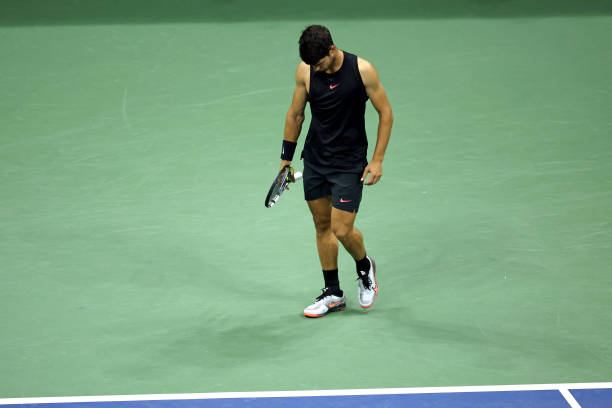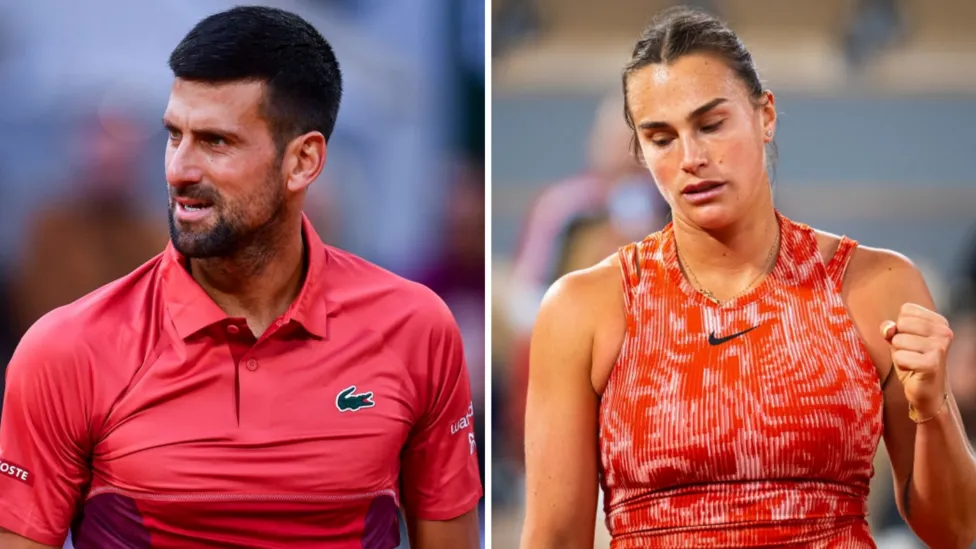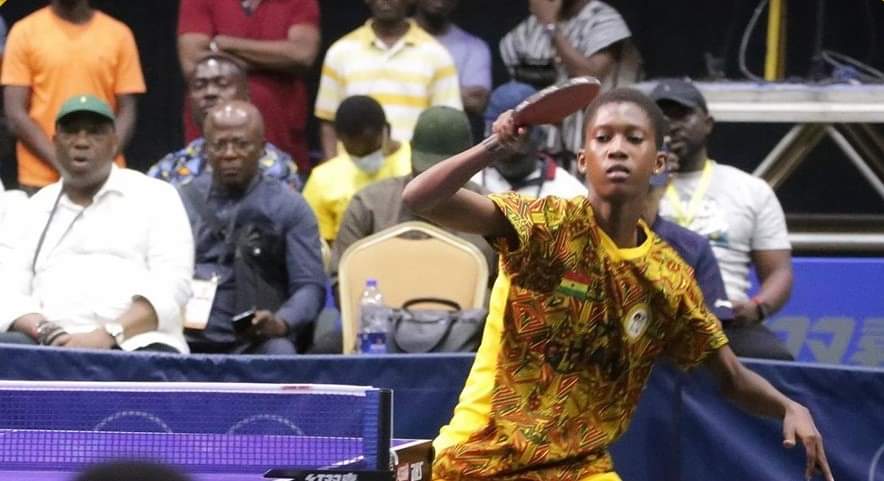Defending champion Carlos Alcaraz suffered a shocking second-round exit at the hands of unseeded Dutch player Botic van de Zandschulp. The 21-year-old Spanish sensation, who had been on a 15-match winning streak in Grand Slam tournaments, fell to a decisive 6-1, 7-5, 6-4 defeat, leaving spectators and pundits alike in disbelief.
The match, played on the prestigious Arthur Ashe Stadium, saw Alcaraz struggle from the outset. Van de Zandschulp, ranked significantly lower than his opponent, capitalized on Alcaraz’s uncharacteristically error-prone performance. The crowd watched in astonishment as the young champion, known for his dynamic play and mental fortitude, failed to find his rhythm throughout the contest.
In the post-match press conference, Alcaraz displayed remarkable maturity and candor in assessing his performance. “I think my level stayed at the same point all the match, and it wasn’t enough to win the match or to give myself the chance to getting into the match or trying to give myself chances,” he admitted. This honest self-evaluation highlighted the consistency issues that plagued his game throughout the encounter.
Alcaraz further elaborated on his struggles, stating, “I didn’t feel well hitting the ball. I think I made a lot of mistakes. When I wanted to come back or I think I wanted to come back, it was too late.” This acknowledgment of his inability to elevate his game when needed underscores the mental challenges elite athletes face, even those as talented as Alcaraz.
The loss marks a significant departure from Alcaraz’s recent Grand Slam performances. Since clinching the US Open title two years ago, he had consistently reached at least the quarter-final stage in every major tournament he entered. His victories at Roland Garros and Wimbledon earlier this year had further cemented his status as one of tennis’s brightest stars. Additionally, Alcaraz’s silver medal performance at the Paris Olympics had seemed to indicate his readiness for another deep run in New York.
However, warning signs of potential struggles had emerged in the lead-up to the US Open. Alcaraz’s second-round loss to Gael Monfils in the Cincinnati tune-up tournament raised questions about his form. Despite these concerns, few could have predicted such an early exit from a player of Alcaraz’s caliber at a Grand Slam event.
Reflecting on his preparation and energy levels, Alcaraz refused to make excuses for his performance. “I came here with not as much energy as I thought that I was going to come. But, I mean, I don’t want to put that as excuse,” he told reporters. This statement reveals Alcaraz’s commitment to taking responsibility for his performance, regardless of external factors.
The young Spaniard’s comments also shed light on the challenges of managing a demanding tennis schedule. “Probably I’m a guy or I’m a player that needs more days or more break coming into the good tournaments or the important ones. So I have to think about it, and I have to learn about it,” Alcaraz mused. This introspection demonstrates a mature approach to career management, acknowledging the need for personalized strategies to maintain peak performance across a grueling tennis calendar.
Alcaraz’s defeat serves as a reminder of the unpredictable nature of tennis, especially in Grand Slam tournaments. It highlights the depth of talent in the men’s game and the constant pressure on top players to perform consistently at the highest level. For van de Zandschulp, this victory represents a career-defining moment and a chance to progress further in the tournament, with a third-round match against Britain’s Jack Draper awaiting him.
READ ALSO: Naomi Osaka Calls 2024 a “Learning Year” After Grand Slam Setbacks
This unexpected result also opens up the US Open draw, potentially paving the way for other contenders to make deep runs in the tournament. It serves as a reminder that in tennis, as in all sports, past achievements do not guarantee future success, and every match presents a new challenge.
For Alcaraz, this defeat, while disappointing, could serve as a valuable learning experience. His willingness to critically assess his performance and consider changes to his approach demonstrates a level of maturity beyond his years. As he looks ahead to the remainder of the season and beyond, Alcaraz’s response to this setback will be closely watched by fans and competitors alike.






